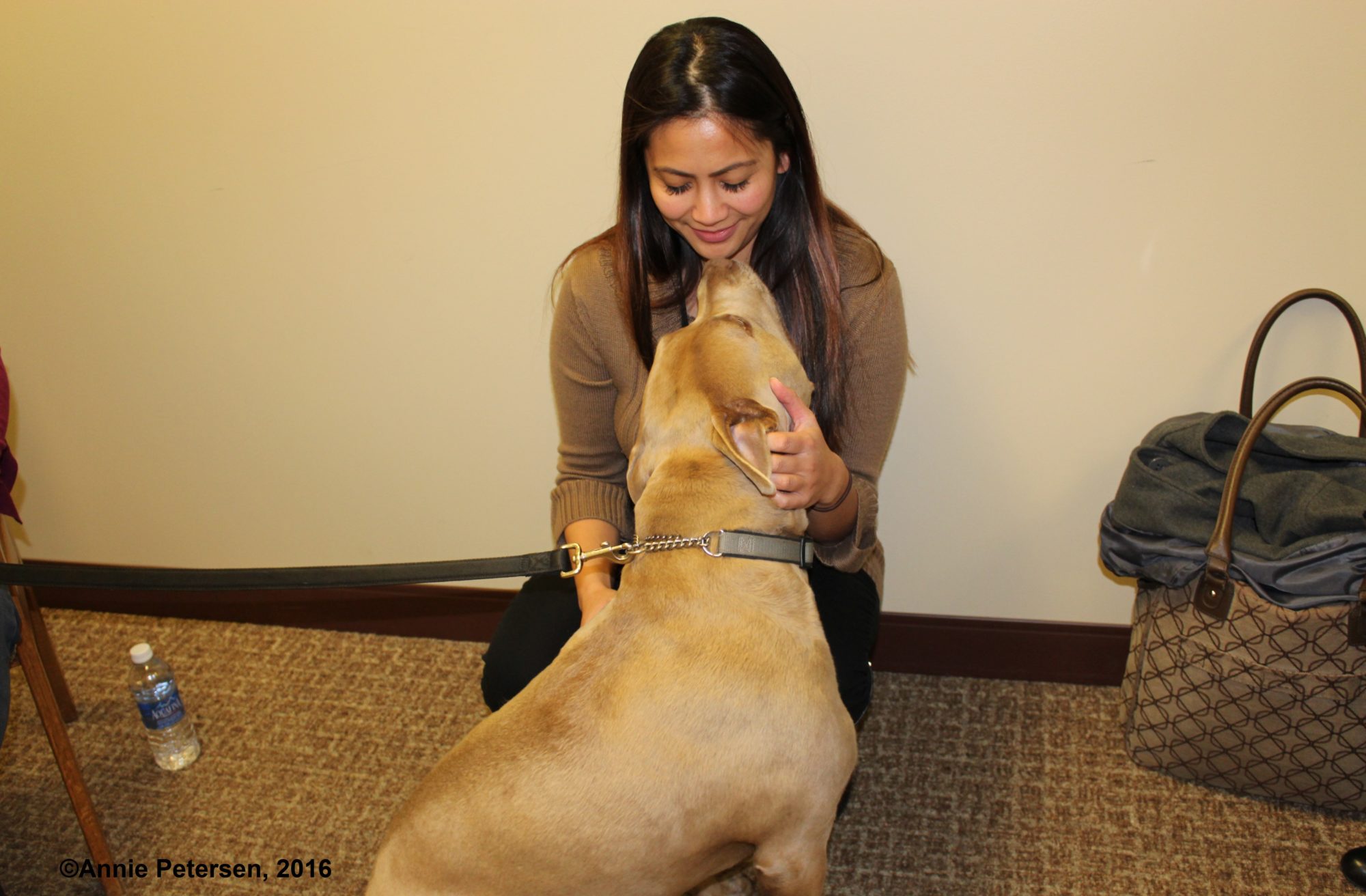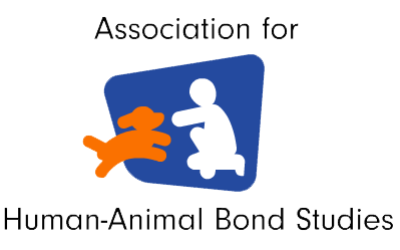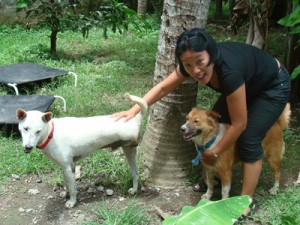Presented by Kate Nattrass Atema, International Fund for Animal Welfare (IFAW), The Hague, Netherlands in association with Bali Animal Welfare Association (BAWA)
The “Bali Street Dogs” of Indonesia are largely owned, but few receive adequate guardianship. Veterinary and zoonotic health concerns, animal abuse, and social conflicts over dog issues have escalated particularly since the introduction of rabies to Bali in 2008.
In order to understand the relationship of Balinese with their dogs and to advance the welfare of animals and communities in this context, we initiated a participatory community dog welfare project in Gianyar Regency in January 2012. Participatory methods were developed in the international humanitarian aid sector, and have been adapted to the care of equine and bovine working animals. The Bali dog project seeks to adapt these methods to the care of animals whose value in communities is not primarily economic.
The first year of the project engaged 13 communities (banjars) through sequential facilitated community meetings, individual discussions and limited veterinary services. Communities warmed quickly go topics of dog guardianship which they had hitherto not considered in the context of community, or solvable, concerns. The many questions and discussions on animal care, human-dog conflicts and rabies reflected an inherent compassion for dogs that is compromised by a lack of understanding in how to care for them properly and powerlessness against social and political pressures.
At the end of the first project year, attitudes toward dogs had improved markedly, primarily due to the empowerment derived from understanding issues and recognizing possibilities for addressing them. This perception and the underlying feeling of “ownership” provides momentum, for the long-term engagement of communities in the project.
The necessary balance of anthropological and scientific skills is important and productive for furthering the participatory approach, but stretches staff resources and challenges collection of scientific data. A priority for Year 2 is the integration of a feasible monitoring system to assess improvements in animal welfare.


